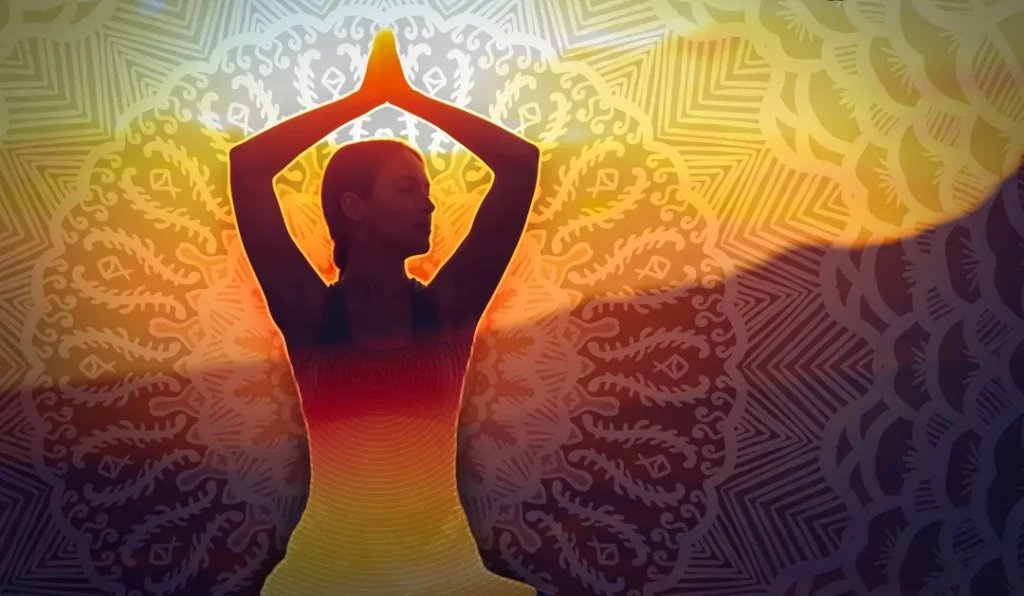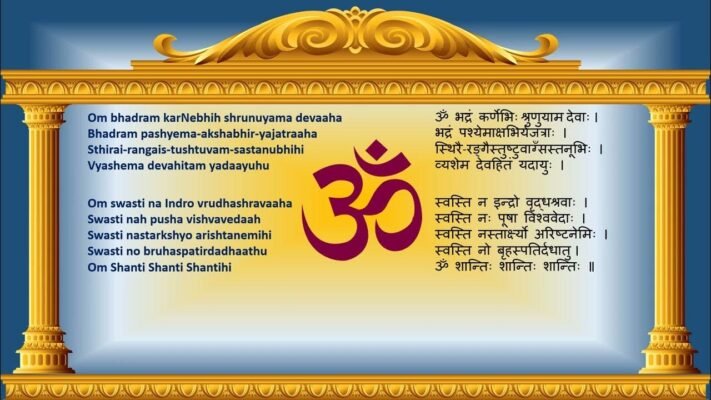Is Enlightenment a Natural Process?

Enlightenment is often described as an esoteric, mystical and supernatural process that cannot be explained in terms of nature, biology and science. Nature, biology and science are considered to be part of material existence, while enlightenment is thought of beyond material existence, reason and analysis. It is a common notion that biology and spirituality, as well as science and the sacred, are entirely different domains of experience. One cannot be explained by the other.
This is in fact not true. Buddha and Patanjali (Ashtanga yoga), two of the greatest sages in history, approached and described their experiences as inner scientific quests based on reason. They refused to believe in anything mystical or based solely on faith. They clearly stated that spiritual experiences are a natural part of life and could be explored by anyone through systematic analysis, much like a scientist investigates the laws of nature and the universe.
They were spiritual scientists through and through. Later on, Sri Aurobindo, Mother of Pondicherry, and UG Krishnamurti also emphasized the central role of matter, biology and the body in enlightenment.
Dalai Lama said: ‘If science proves some belief of Buddhism wrong, then Buddhism will have to change.”
But why should we try to bring science, nature, biology and the body into enlightenment discourse and practice?
To demonstrate that enlightenment is not supernatural, metaphysical or other worldly. It is the unexplored part of our nature and is available to all of us, all the time, if we want to experience it. In the past, thunder and lightening were considered supernatural and created by gods.
However, as we discovered their origin, they became very real parts of our natural experience. The same process has occurred with many diseases including small pox, epilepsy and various mental disorders. They were once thought to be the result of spirit possession but the discovery of germs and an increased understanding of the brain made it clear that diseases were a part of nature.
If enlightenment becomes part of nature, then pseudo-mysticism (emotional and sentimental) will disappear and the essential mysticism will remain. Both the scientist and the sage have no choice but to live with that mystery.
Pseudo – mysticism breeds Gurus, experts and specialists who claim to have special powers. While sincere and honest teachers point out the right path, the corrupt and dishonest seek power over people and ask them surrender their mind, body and wealth.
It is important to separate emotional and sentimental mysticism from genuine mysticism. Emotional and sentimental mysticism are connected with the emotional component of the brain, while genuine mysticism emerges after the integration of various parts of the brain and body. In sentimental mysticism, we remain mired in emotional experiences, mistaking them for advanced states of consciousness. We remain prisoners of fear and sorrow.
Enlightenment is not a point but a process which begins even before we are born. From the conception to becoming an adult, we go through the evolutionary stages of the universe’s emergence from Nothingness. If we continue to search further and succeed, we will experience Nothingness (pure consciousness) itself and released into its timeless and nameless womb. The womb of Nothingness is the source of all that exists and possible.
During the process of enlightenment our consciousness expands, bringing more awareness and knowledge. Eventually during this process of expansion, consciousness transcends knowledge and we come to persistently live in a state of non-knowing and yet we are fully aware. In Non-knowing is the direct experience of existence without the aid of thinking and reasoning mind.
All of us are enlightened at some level however there are always more levels of enlightenment to experience. Abraham Maslow’s self-actualization and Carl Jung’s individuation are stages of enlightenment, as are Buddha’s Nirvana and Raman Maharishi’s abiding in the eternal non-dual Self. But the process doesn’t end there. If we explore Sri Aurobindo’s teachings and the experiences of Mother of Pondicherry and UG Krishnamurti, then a different picture of enlightenment emerges. This experience of enlightenment is body and matter based. These teachers talk about divine materialism or the salvation of the body, where matter becomes conscious.
Conclusion
In essence, enlightenment is a natural and endless process with no point of final arrival. A problem develops when we think that our own or someone else’s enlightenment is final and accept ourselves or someone else as the authority. When we proclaim ourselves Gurus or become blind followers of some other self-proclaimed Guru, the process of enlightenment stops. We may bask in reflected glory and feel elevated while the Guru is alive. However, once the Guru is gone our enlightenment also comes to an end. Instead of doing the hard work of learning, understanding, practicing and experiencing, we waste time waiting for something to happen.
What do you think? Is Enlightenment a natural process?
P.S. – Do not forget to like and share the post!




2 Comments
I have a deep connection with India in November I traveled around northern India and stayed 4 days in magical Rishikesh..before I went I found the nadayiga sight and wanted to visit you when I was there.. it did happen for some unknown reason. On occasions I find ur info I printed off.. tonight your site has randomly come to me when I wasnt expecting it.. it has moved me very much as I am this place of realisation of how far I have come over many years of self actualisation I found myself within and feel at peace and whole .. Thank you for ur comforting and easy to understand words of enlightenment and has helped me understand my journey while in this beautiful world.. namaste xx hope one day to return and have the experience of nadayiga xx I’m sure I’ll be sent therexx
Dear Jeanharrison,
Thank you for your thougtful comment. You are always welcome here at Nada Yoga School. Hope to hear more from you soon.